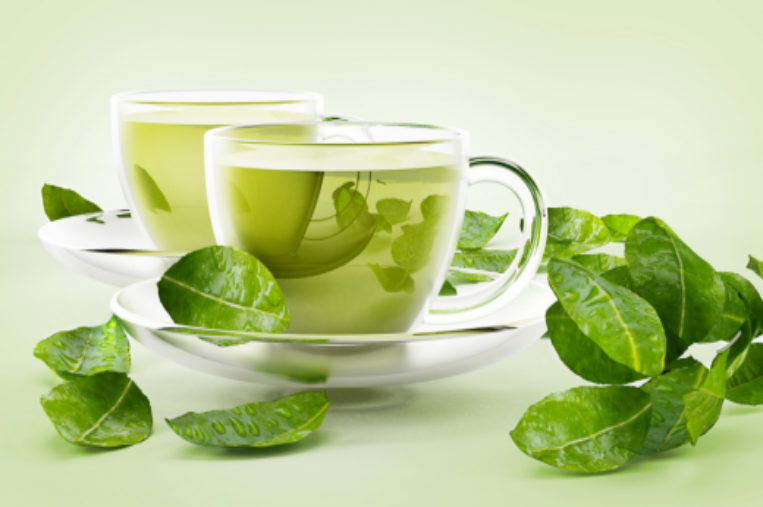Can green tea intake reduce the chance of cancer

Several studies have proven that the intake of certain foods helps in reducing the risk of developing cancer. Can green tea be one such drink that can help in reducing cancer?
Its Emergence?
It originated in China and is believed to be in their practice for more than 3000 years. Tea was accidentally discovered in 2737 BCE, in China, by the emperor and father of Chinese medicine, Shen Nong. When the emperor and his convey were resting at a place, a leaf blew and fell into boiling water and the emperor found that refreshing and ordered him to prepare for him daily. Initially, it was considered a luxury beverage and later became a common drink in the 3rd and 6th centuries.
What does it contain?
Green tea contains (−)-epicatechin (EC), (−)-epigallocatechin (EGC), (−)-epicatechin-3-gallate (ECG), (−)-epigallocatechin-3-gallate (EGCG), and Flavonols that include quercetin, myricetin, kaempferol, and their glycosides are also present. A major amount of polyphenols is present in green tea compared to any tea.
What does research on green tea reveals?
Regular green tea consumption helps in reducing PSA or Prostate-specific antigen levels, it reduces the risk of prostate cancer, androgen-dependent prostate cancer, and decreases the risk of advanced prostate cancer too. Among non-smoking women, it decreased the risk of lung cancer. It also helps in decreasing the recurrence rate, decreasing the risk of developing breast cancer. Research has proven that green tea can lower the risk of colorectal cancer in women who drank 5 or more cups of green tea in comparison to non-tea drinkers. The polyphenol effects of green tea have some positive effects on a few cancers such as stomach, breast, and ovarian cancer, prostate cancer, esophageal and colorectal cancer, and lung cancer.
What is the dosage to be consumed per day?
Around 30-50 mg of caffeine is present in a cup of green tea (230ml). Interestingly, the caffeine level varies according to the age of the leaves, the older the leaves lesser the caffeine level. Loose-leaf teas are less caffeinated than bagged ones. A maximum of 400 mg of caffeine is equal to 8 cups of green tea alone, which must not be consumed at the same time.
Are there any side effects
Green tea contains caffeine in it., so people facing issues such as feeling shaky, headaches, and any sleeping disturbances can avoid it.
Conclusion
Green tea is beneficial for treating most cancer and has preventive properties too. It works by preventing the free radical damage that causes cancer. Try including green tea in your daily routine to reduce the chance of cancer.
REFERENCE :


 Kindly fill the form below to download our Liquid Biopsy Portfolio brochure :
Kindly fill the form below to download our Liquid Biopsy Portfolio brochure :